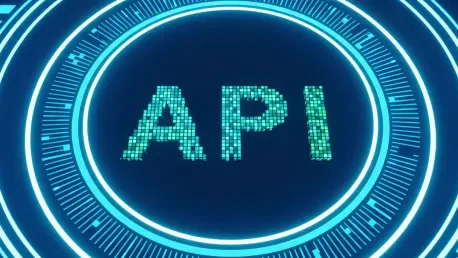
From what was once a simple phone accessory for streaming music to what is now the veritable command center for a multi-ton machine, the connected car app has undergone a dramatic and profound evolution that has completely reshaped the automotive landscape. This article analyzes the profound shift

The familiar command line, once the undisputed domain of developers and system administrators who mastered its arcane syntax, is now learning to speak a new language—our own. This transformation is not merely a cosmetic change but a fundamental rewiring of how humans interact with complex digital

The recent and stark discovery of over thirty significant security flaws in major AI coding assistants, including GitHub Copilot and Amazon Q, has sent a clear and urgent signal to the software development community. While these revolutionary tools are celebrated for boosting productivity, their

Laying the Groundwork for Scalable Development Imagine launching a server-side application that grows from a small prototype to a complex system serving thousands of users, yet remains as maintainable and efficient as the day it started. This isn't just a dream—it's a reality for developers

Setting the Stage for a Development Revolution Picture a scenario where a single click unlocks a vast repository of specialized knowledge, streamlining complex coding tasks in an instant. This is no longer a distant dream but a tangible reality with the introduction of Kiro Powers by AWS, an

What happens when artificial intelligence becomes not just a tool, but a tailored partner in innovation? Developers around the globe are on the cusp of finding out as Google rolls out transformative updates to the Gemini API, designed to supercharge the capabilities of the Gemini 3 AI model.